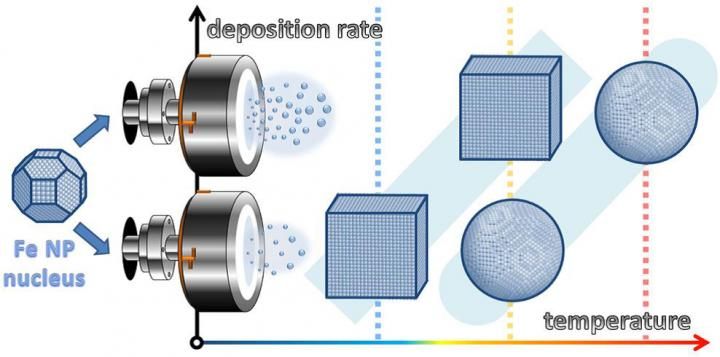Data from Novartis FDA Submission for First-Line Indication for Femara® Presented at Major Breast Cancer Symposium
Novartis oncology announced clinical findings from two studies presented today at the 23rd Annual San Antonio breast cancer Symposium. The findings show Femara® (letrozole tablets) to be significantly more effective than tamoxifen in treating postmenopausal women with advanced breast cancer in the first-line setting and in pre-operative reduction of tumor size.
"These study results are likely to motivate a significant change in treatment guidelines for advanced breast cancer and to help pave the way for Femara as first-line therapy in postmenopausal women," said Robert Smith, MD, South Carolina Oncology Associates and a lead investigator in the first-line study. "Femara is the first breast cancer treatment to demonstrate consistent superiority over tamoxifen in multiple efficacy endpoints." Results of the first-line study showed that after one year of treatment, the number of women in whom breast cancer had not progressed was nearly 50 percent greater in patients taking Femara than in those taking tamoxifen.
These data are the basis for the supplemental New Drug Application (sNDA) under priority review by the US Food and Drug Administration (FDA). In recent years, the hormone therapy of choice for advanced breast cancer has typically been tamoxifen. However, the FDA's Oncologic Drugs Advisory Committee (ODAC) will meet on December 13, 2000 at 8:30 a.m. to discuss the sNDA for Femara as a first-line therapy for postmenopausal women with advanced breast cancer. Femara is a once-a-day oral therapy currently indicated for second-line treatment of advanced breast cancer in postmenopausal women with disease progression following antiestrogen therapy.
"Novartis is very encouraged by the results of these studies, both of which demonstrate the potential of Femara to represent an important step forward in treating advanced breast cancer in postmenopausal women with metastatic disease," said David Parkinson, MD, Vice President, Global Oncology Clinical Research at Novartis Oncology.
In the pre-operative study comparing Femara to tamoxifen, after four months of therapy, more women in the Femara group were eligible for breast-conserving surgery than in the tamoxifen group (45% versus 35%).
"Letrozole was consistently more effective than tamoxifen in the advanced disease setting. It was very satisfying to observe significantly improved outcomes with letrozole in the preoperative trial as well," said Matthew Ellis, MD, Ph.D., FRCP, Clinical Director, Duke Breast Cancer Program, Duke University Medical Center and lead investigator in the pre-operative study. "These data will provide great impetus for the ongoing letrozole adjuvant trials and underscore the potential of letrozole to benefit thousands of postmenopausal women with breast cancer every year."
First-Line Study Background This study of more than 900 women compared the efficacy of Femara and tamoxifen as first-line treatment for advanced breast cancer. The results demonstrate that Femara delays progression of advanced breast cancer for 9.4 months, as compared to 6.0 months for tamoxifen (41 weeks vs. 26 weeks). Results also indicate significant differences between Femara and tamoxifen with respect to overall tumor response rates (30%vs. 20%), clinical benefit (49% vs. 38%) and time to treatment failure (9.1 months vs. 5.7 months, or 40 weeks vs. 25 weeks).
The women enrolled in this phase III randomized, double blind multi-center trial were postmenopausal with either locally advanced (stage IIIB) disease, or metastatic breast cancer, or had recurrences not amenable to treatment with surgery or radiotherapy.
Pre-Operative Study Background In this phase III randomized, controlled trial of 324 postmenopausal women, patients with large localized or locally advanced breast cancer tumors were given Femara or tamoxifen as pre-operative treatment for four months to reduce tumor size before surgery. The primary objective was to compare the anti-tumor activity of Femara, an aroma









































